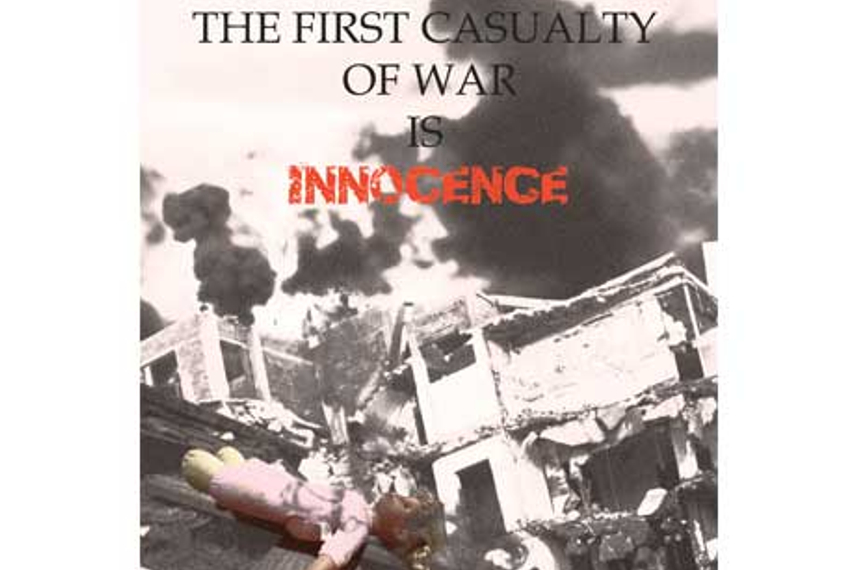
Please sign in or register
Existing users sign in here
Having trouble signing in?
Contact Customer Support at
[email protected]
or call+91 22 69489600
Pritha Mitra Dasgupta asks adlanders for the difference, and approach to the two

Contact Customer Support at
[email protected]
or call+91 22 69489600
Top news, insights and analysis every weekday
Sign up for Campaign Bulletins
The next generation of men is defining masculinity as a spectrum, not a template, giving brands a rare chance to be a part of shaping culture.
80% of creators believe 2026 is the year to regain creative control, according to Canva’s third annual Design Trends Report.
Passengers have never smiled more than on an Air India ad.
Regional food creators are India’s new culinary tastemakers, shaping what people crave and choose to eat.